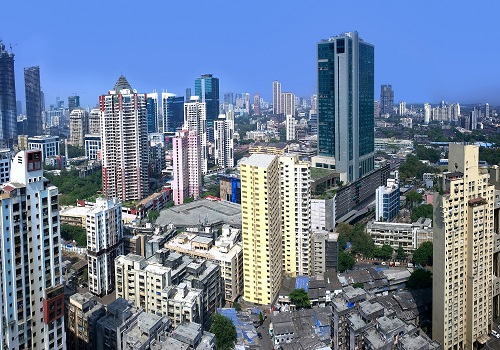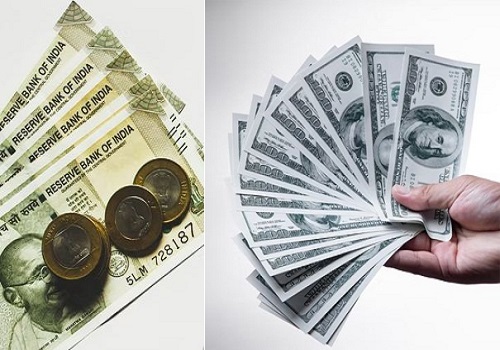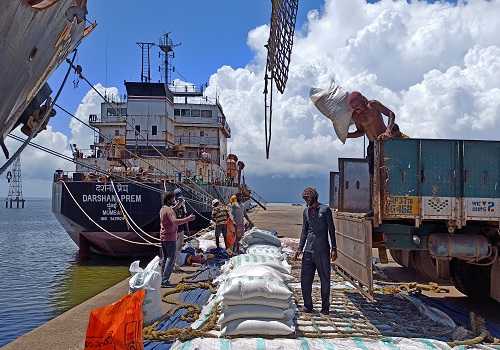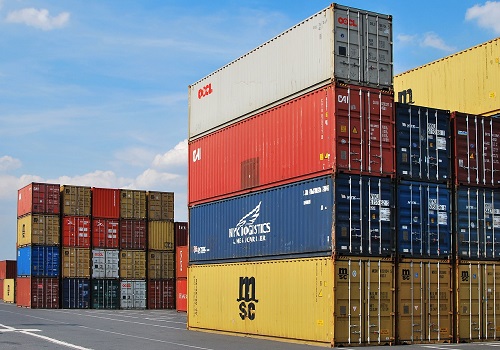Reducing import duties on goods to help govt cut down need for many of existing export schemes: GTRI
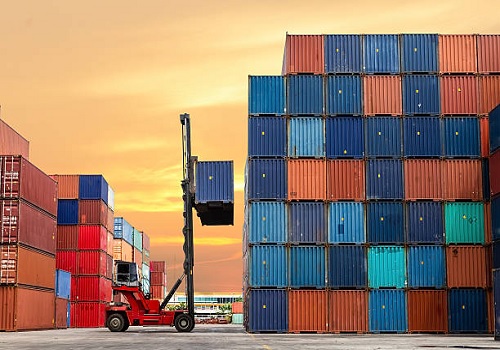
Follow us Now on Telegram ! Get daily 10 - 12 important updates on Business, Finance and Investment. Join our Telegram Channel
The Global Trade Research Initiative (GTRI) has said that reducing import duties on inputs and capital goods could help the government cut down the need for many of the existing export schemes. This would be an important step as India continues to face challenges in managing these incentives within the framework of international trade laws. Many countries, including major trade partners of India like the European Union (EU) and the US continue to declare Indian schemes as subsidies and punish exporters by charging countervailing duties. America and the EU account for over 20 per cent of the country's total outbound shipments.
GTRI has noted that at present, India is implementing many schemes to facilitate exports. These include the Advance Authorisation Scheme (AAS), Export Promotion Capital Goods Scheme (EPCGS), Duty Drawback Scheme (DDS), the Remission of Duties and Taxes on Exported Products (RoDTEP), Special Economic Zones (SEZ), Export Oriented Units (EOUs); Pre-shipment and Post-shipment credits banks, and Interest Equalization scheme (IES). These schemes aim to enhance Indian products' competitiveness in the global market.
It further said currently, India's average tariff or customs duties for industrial products is 14.7 per cent, compared to the EU's 4.1 per cent. Many of India's export schemes, like SEZ, EOU, RoDTEP, and Drawback, exist because of such high import duties. Exporters use these schemes to either get a refund of duties paid or to be exempt from paying import duties. Reducing import duties on inputs and capital goods could lessen the need for many of these export schemes. It also suggested that to comply with global trade rules, India can make several improvements in export schemes, like in the AAS a robust system needs to be put in place to trace raw materials and ensure their actual use in production.
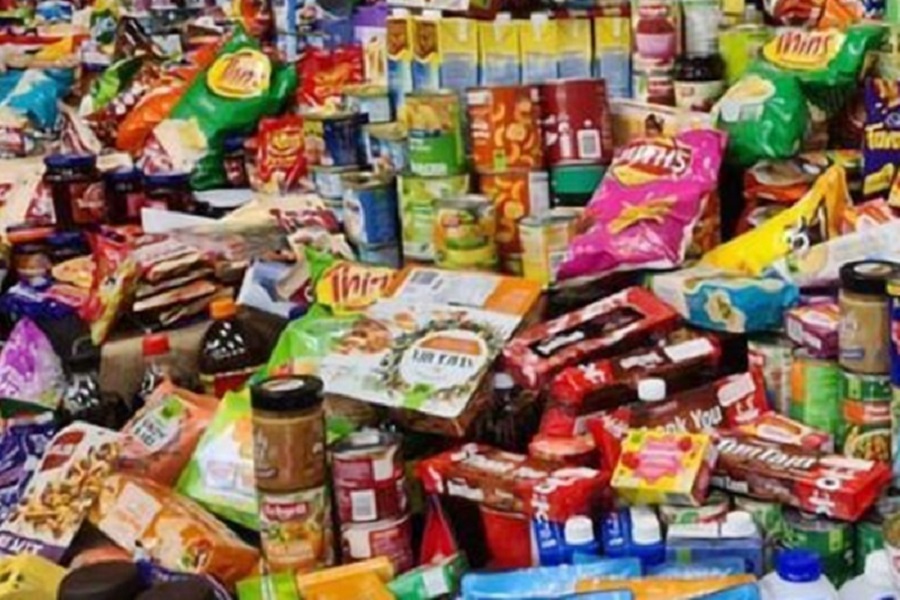

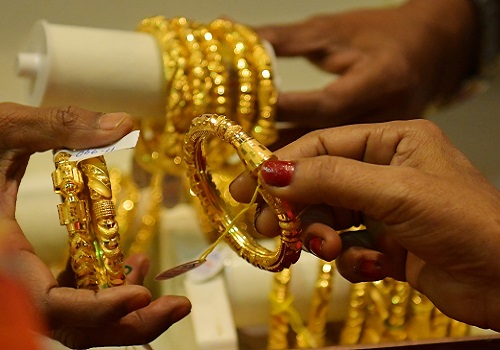









 320-x-100_uti_gold.jpg" alt="Advertisement">
320-x-100_uti_gold.jpg" alt="Advertisement">

